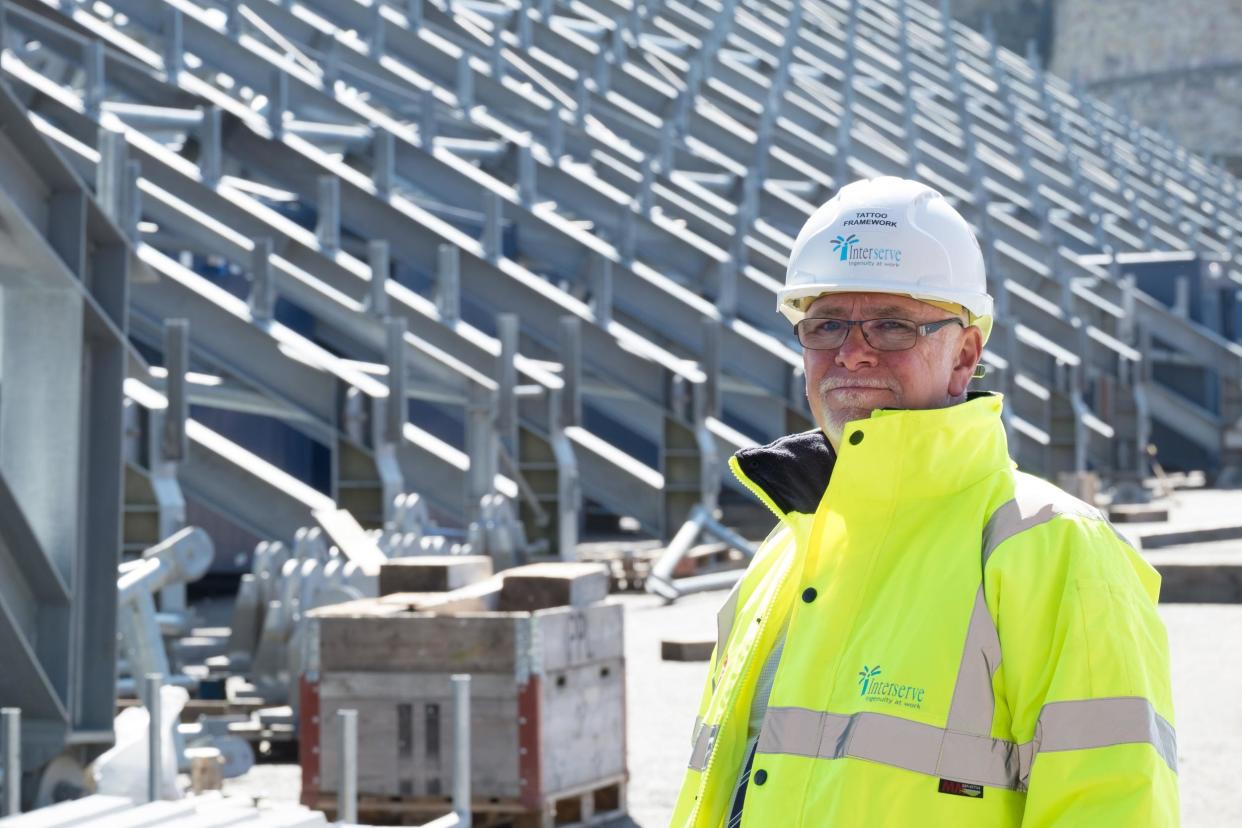Jim Armitage: The timing’s rotten but outsourcer Interserve is worth saving

Interserve’s refinancing launch today has been one of the most predictable events of the year.
Since the collapse of Carillion, everyone in the market has known this business was rivalling Johnston Press in the my-debt’s-bigger-than-yours stakes.
I’d heard one optimistic shareholder talk about how the company had a jewel in the crown in its building division — a rather clever business called RMD Kwikform that makes molds for concrete foundations. This, he said, could be sold to raise a couple of hundred million.
Sadly, closer inspection of the accounts reveals this business has long been pledged to Interserve’s banks, like much else in the company.
The reality is, a debt-for-equity swap, though it will wipe out what tiny value shareholders have left in the business, has long been chief executive Debbie White’s only option.
Interserve’s debts are six times its forecast profit for this year. Its repayments under the refinancing in the spring were so expensive that the banks were set to chisel pretty much all of the company’s £100 million profit for the year.
That was in no way sustainable. It was also never the plan that it would be a long-term solution to Interserve’s problems. Management and the bank had always envisaged a second phase of the refinancing that would involve converting their debt and raising new funds from outside investors. That is still the plan.
From the outset, the banks’ view on Interserve was as follows: this may be a business in a debt crisis, but it is no Carillion. Where Carillion was run by fools taking outlandish risks with huge contracts, Interserve has strong management, makes a profit, and has predictable earnings and cashflow. Its problems stem from previous bosses’ dangerous moves into areas they didn’t understand, such as building waste-to-energy plants. But the company is nearly out of the other end of those operational problems.
The banks are a fairly cohesive bunch. That is to say, they’re not squabbling over strategy in a way that would postpone this second phase of the rescue.
Such stability should help them, and management, to convince new investors to come in; assuming the shares will be priced at practically zero.
It won’t be easy, though. Investors who’ve helped other service sector companies rebuild their balance sheets have had a painful time of it.
Kier launched a £264 million rights issue last month, but the plan is already running into problems, with the share price falling below the price at which it is attempting to sell the stock. That will make investors nervous of backing Interserve, no matter how highly they rate the management.
Interserve is worth saving, but the timing of this effort could hardly be worse.

 Yahoo News
Yahoo News 
